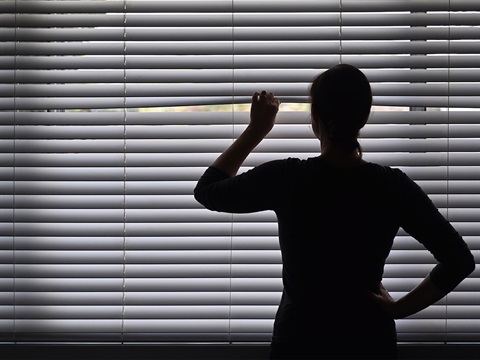Suspicious activity

When calling the police on someone “acting suspicious,” it is important that you provide reasons why you believe this. You need to be able to express, explain, or justify to our dispatchers that you believe a person violated a law or regulation. For example, if you see a male subject sitting in a car at night, that alone is not suspicious. However, if you see the male sitting in his car at night doing drugs, that's a different story. Also, if you see a group of rowdy teenagers walking down the street, that alone isn’t against the law. However, if you see them trying car door handles as they walk down the street, elements of a crime have been met.
We expect our dispatchers to ask clarifying questions to identify safety and crime elements in calls, to ensure that our officers have clear factors on which to base their actions when responding. We ask you to be patient and anticipate being asked those questions.
Race, gender, religion, socio-economic status, style of dress, choice of hairstyle, etc. should never be a factor in classifying someone as suspicious. If there is a real factor of community safety or crime afoot, by all means call us, but avoid calling the Police Department strictly on bias-based observations.
You are an extension of the eyes and ears of the Police Department. There are times when you may need to trust your instincts. Don’t hesitate to call us, but do your best to use your senses to describe what’s going on in a given situation.
Suspicious sounds
- Unusual noises such as glass breaking, dogs continuously barking, or gunshots
- Screeching tires or the sound of a collision
- Screaming or yelling – an argument or pending fights, continual crying
Suspicious vehicles
- Vehicles parked hastily, carelessly, abandoned while still running or with doors left open
- Strangers driving through a neighborhood several times
- Slow moving vehicle, without lights or driving aimlessly
- Someone being forced into a vehicle
- Out-of-place business transaction done in a secret or apparently illicit way to avoid notice (i.e. like hand-to-hand drug/stolen property purchases)
- People loading a vehicle with valuables
- Objects being thrown from the vehicle
- An obviously abandoned vehicle or a vehicle containing weapons or other items related to crime
- Person removing mechanical parts from a vehicle
Suspicious persons
- Ringing door bells and/or checking side gates to determine occupancy
- Loitering around, peering into, or forcing entrance into a house or car
- Dressed inappropriately for conditions to possibly conceal their identity
- Delivery person with a wrong address or someone who asks if someone else lives there
Suspicious property
- Open or broken doors and windows at an unoccupied house
- Property offered for sale at a very low price
- Property such as electronics, guns, tools, or auto parts being sold out of a vehicle or at an unusual hour
- Property that has serial numbers obscured
- While this isn’t an exhaustive list, nor absolute confirmation of a crime, we hope these examples will assist you should you ever need to call the police.